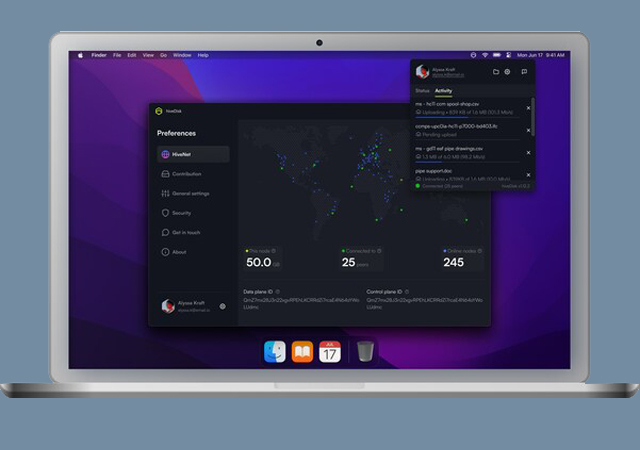
 Eric Wan Alibaba Cloud Middle East, Africa & Turkey
Eric Wan Alibaba Cloud Middle East, Africa & Turkey
Open source has to be considered a valid proposition to the debate on AI growth and safety, says Eric Wan, General Manager of Alibaba Cloud Middle East, Turkey & Africa.
Late last year, 28 countries, including the UAE and Saudi Arabia, signed the ‘Bletchley Declaration’, an agreement that aims to ensure the safe development and use of artificial intelligence technologies.
It did however pose more questions than answers around what to do next. There needs to be an ongoing dialogue around AI development equity, as well as safety. How does the industry, dominated in most countries by a handful of tech giants, help organisations and other countries have a say and a role in AI’s future?
CLOUD PROVIDERS
As enabling technology platforms, cloud providers should do what they can to help customers learn from and use the latest technology and tools. According to a report by PwC, generative AI is expected to hold immense economic potential. GCC countries are expected to rake in about $23.5 billion in economic benefits as investments in it continue to grow.
AI, and in particular, generative AI, is possibly the hottest ticket in town and we’ve seen phenomenal interest in our own large language model. But we have to find a way to strike a balance between enablement, growth and safety.
They are all connected and not exclusive and open source has to be considered a valid proposition to what will be an on-going debate about methodologies.
GROWING APPETITE
There is already a growing hunger for AI across a wide range of industries, developers and businesses in the MEA region. For instance, the UAE government-backed research hub- Technology Innovation Institute, unveiled Falcon 180B, an advanced version of its flagship large language model (LLM) using generative AI.
And messaging app BOTIM, launched an Arabic language ChatGPT function providing generative AI support for payments and international money transfers. AI-based digital health platform Altibbi has rewired the healthcare value chain in the Middle East through providing a comprehensive patient solution and access to telehealth consultations.
The argument for open source in AI is an interesting one. It is not without its critics but first and foremost open source provides a basis for collaboration and growth.
Alibaba Cloud has long been advocates of open source and supportive to the direction of having a transparent way of handling AI. In 2022, we launched our own cloud-based open-source AI model community called ModelScope. In the past 12 months, the platform has given 2.8 million developers access to over 2,300 AI models.
As of December 2023, Alibaba Cloud has open sourced its LLMs with parameters ranging from 1.8 billion, 7 billion, 14 billion to 72 billion, as well as its multi-modal LLMs with audio and visual understanding capabilities.
A PRINCIPLED APPROACH
Without open source we wouldn’t have had the ground-breaking development of generative AI but of course, this is a fast developing space, where commercial propositions will grow and proprietary systems will emerge.
If IT history has taught us anything, it’s that innovators and entrepreneurs will want to land grab ideas and software markets and niches. We are in the business of enabling that invention and development but believe that those ideas and products will be stronger and grow quicker through an open-source community.
The awareness of open source in the Middle East has risen in recent years as digital transformation takes central role in organisational adoption across sectors.
Saudi Arabia and Egypt have implemented strategies around the use of open-source solutions, while also launching initiatives with multinational companies in developing tools and talent in-country. The UAE government has an established open data policy whereby data is accessible to different entities so that the information can be used to create new products and solutions.
ECOSYSTEMS DRIVE INNOVATION
The point is that ecosystems can drive innovation, using AI to enable businesses to think beyond their traditional boundaries. Open source prevents lock-in with proprietary systems and ensures a lower barrier to entry for innovators and start-ups. It encourages experimentation and collaboration, at lower costs and within robust communities, opening up opportunities with less risk.
At a time when business talk is consistently touching on flexibility and resilience, open source can provide a willing platform to scale at cost. It almost certainly has to be part of the mix, a serious factor within a bigger conversation about the future of AI.
As ChatGPT showed us 12 months ago, there are big bang moments in technology and with AI that is only accelerating. The challenges for all countries and companies, is how to engage, enable and manage AI now. There is already significant momentum and the tech industry as a whole has to play its part in taking responsibility for being the guardians of AI, for today and tomorrow.


